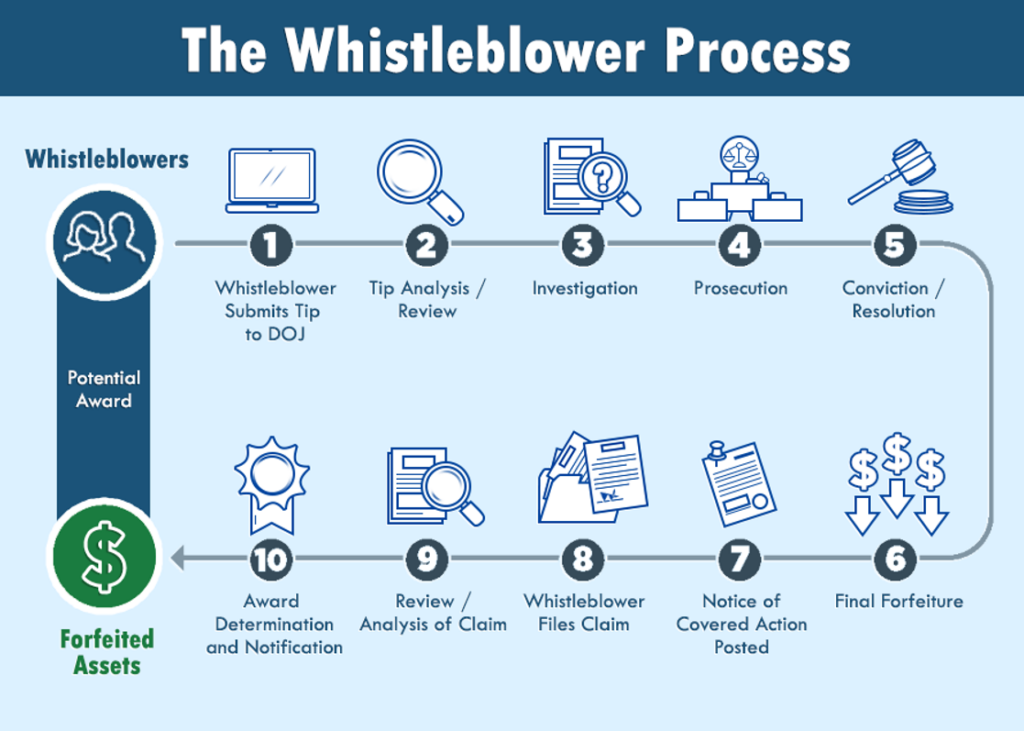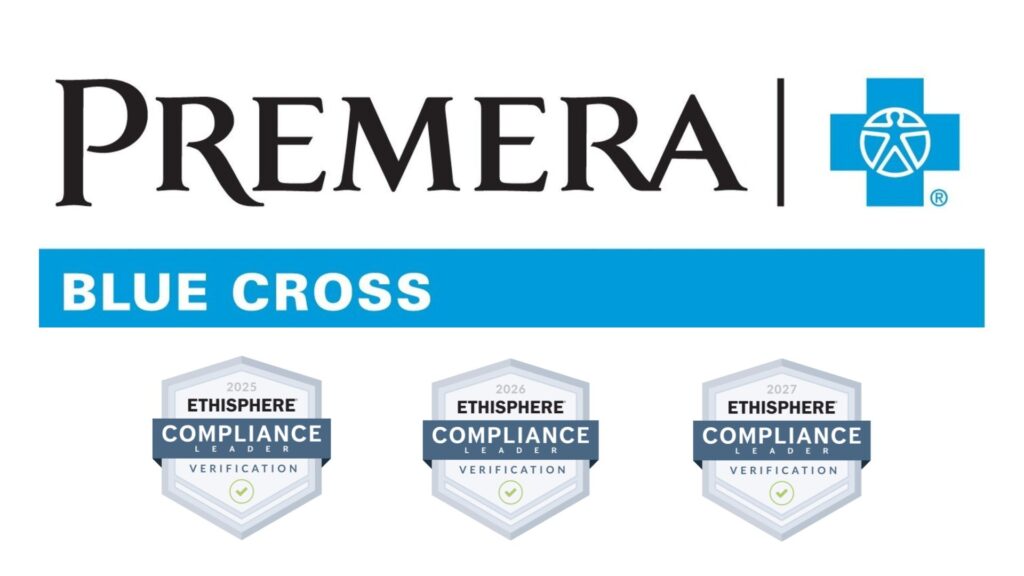On Sept 17, Principal Deputy Assistant Attorney General Nicole M. Argentieri discussed the Department of Justice’s Corporate Whistleblower Awards Pilot Program at NYU School of Law’s Program on Corporate Compliance and Enforcement. You can find a full transcript of her remarks here.
“Companies play a critical role as the first line of defense against corporate crime,” Argentieri said. “That is why we are focused on corporate accountability and corporate enforcement policies that create strong incentives for companies to take compliance seriously.”
The DOJ Whistleblower Pilot Program rolled out on August 1, 2024 as a three-year effort to reward employees who voluntarily report corporate misconduct to federal authorities. That is, offering information or assistance (that has not already been uncovered by other agencies’ whistleblower programs) leading to civil or criminal forfeitures.
This DOJ’s pilot program joins similar initiatives by the Securities and Exchange Commission, the Commodities Futures Trading Commission, and the Financial Crimes Enforcement Network and aims to cover the full extent of corporate crime that those agencies do not cover.
The DOJ is incentivizing individuals to report corporate crime while also encouraging companies to invest in strong internal reporting structures.
Principal Deputy Assistant Attorney General, Department of Justice
Retaliation and Speaking Up
Programs such as this have been an important tool by which law enforcement investigates and prosecutes corporate wrongdoing. The reward for speaking up acknowledges that too often, those who speak up against misconduct suffer professionally for it. “It takes courage to stand up and say when something isn’t right, says Ethisphere Chief Strategy Officer Erica Salmon Byrne, “But all too often, we meet these acts of integrity and accountability with suspicion and resentment.”
Even though the DOJ Whistleblower Pilot Program does not include anti-retaliation provisions, it is an issue the Department takes very seriously. “Let me be clear: our prosecutors will protect whistleblowers’ identities to the fullest extent allowable under law,” Argentieri said during her NYU remarks. “And if a company retaliates against a whistleblower, we will take all appropriate steps: the company will lose credit for cooperation and remediation and could face sentencing enhancements — and even prosecution — for obstruction of justice.”
The Speak-Up Gap
According to Ethisphere data, 93% of employees say they would report workplace misconduct if they witnessed it. But when the moment of truth arrives, only 50% actually report. The most common reasons cited are fear of retaliation and professional harm.
This delta between intent to report and actual reporting is what Ethisphere calls the speak-up gap. The Whistleblower Pilot Program is meant to help address that unfortunate reality.
What this means for companies is that the DOJ is incentivizing individuals to take advantage of both internal and external whistleblowing avenues when it comes to reporting misconduct.
“We are not only incentivizing individuals to come forward and report corporate crime to the department,” Argentieri said. “We are also incentivizing companies to invest in strong internal reporting structures and to report crime when they learn about it.” This includes giving greater rewards t companies that voluntarily report misconduct within 120 days of discovering it, and before the DOJ reaches out to the company.
To learn more about how your organization can advance speak-up culture, please visit the Ethisphere Resource Center for a host of free policy examples, best practices reports, interviews, and more.
Follow Ethisphere on LinkedIn and join the conversation on why good ethics is good business.
The Whistle Blower Process

The Whistleblower Process: 1. Whistleblower Submits Tip to DOJ, 2. Tip Analysis / Review, 3. Investigation, 4. Prosecution, 5. Conviction / Resolution, 6. Final Forfeiture, 7. Notice of Covered Action Posted, 8. Whistleblower Files Claim, 9. Review / Analysis of Claim, 10. Award Determination and Notification
Source: U.S. Department of Justice



